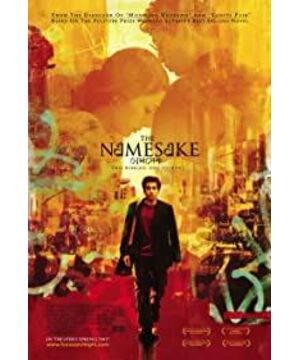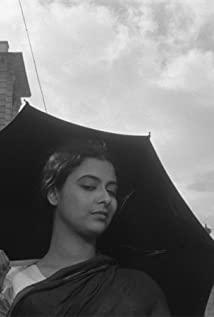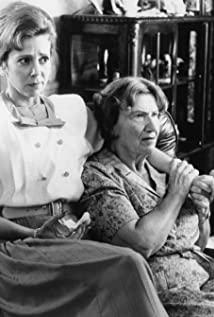One of the best movies about cross-cultural (immigrant) identity I have seen so far. The questions raised by the film are more interesting than the film itself.
My parents immigrated to India from the first generation and faced a culture and environment that was very different from that of my own country. The differences were only revealed under the slight collision of culture. By the time the second generation of children faced their own identity, eager to integrate into the American culture, to the subversion due to the death of their father (tricky is, "tradition" became the fulcrum of Gogol's identity, but fortunately the story did not stop here), married An Indian wife (but she is more like a Westerner in her bones), but she can't see her as "a person". The mother chooses to let go of her children and find her freedom; Gogol is also losing her dual identity and truly confronts herself ("the first time I feel free").
A few lines:
1.
Mother's friend: I was reading Joseph Campbell's book a few days ago. He said that when you feel confused, you should close your eyes and think about your happiest time, not the kind of joy, but the kind of deep joy. Time. That is called following your bliss.
2.
Father: I didn't bring a camera after running so far, so please keep it in my heart. Will you remember today?
Gogol: How long should I remember?
Father: Remember for a lifetime. I remember that you and I walked this section of the road. We arrived at a place together, and there was no way down.
*I really like the role of Mushmi. He is the first person in the movie to bravely break away from the "Indian tradition" and pursue a culture that he recognizes (but not on the basis of escaping from the original culture or obeying the mainstream Western culture) , Longing to be truly seen regardless of the cultural identity.
*The two generations of the film can discuss tradition well. Tradition to parents is not an abstract, cognition formed under the stimulation of different cultures, but very specific details mixed with personal experience, which is that when they face a different culture, they feel novel on the one hand, and on the other hand. A reserved background color. The collision between this background and the mainstream Western culture became the reason for the son’s eagerness to escape; and the “tradition” that the son later resorted to because of his loss was more like a certain kind of stress response, grouping, containing an element of imagination, and Therefore, Mushimi's departure broke his protective shield (M is brave and bolder than he embraces Western culture and leaves (but not escapes) Indian culture), forcing him to face himself for the first time. ——What is tradition? How can the so-called "tradition" be told and interpreted? (Group/individuality, the distance between people and culture)
*Have a chance to read the original work.
View more about The Namesake reviews











